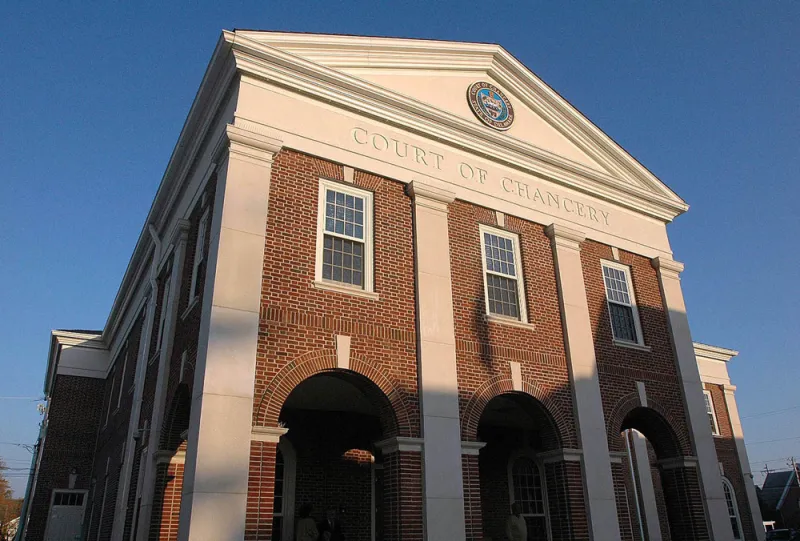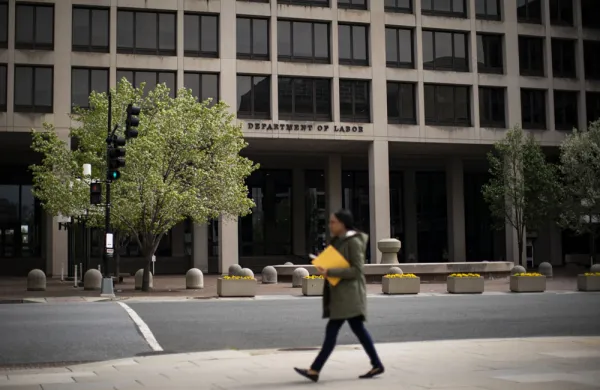The founder of a Vista Equity Partners Management portfolio company is accusing the private-equity firm of fraud in a lawsuit he filed last week.
Brad Perry, the founder of an automotive software company called DealerSocket, filed a suit on January 14 in the Delaware Chancery Court alleging that Vista, along with its portfolio company DealerSocket, manipulated valuations to wipe out minority shareholders so that it could purchase a company over their objections.
These actions allegedly allowed Vista — through DealerSocket — to acquire an auto dealership software company called Auto/Mate without approval from minority board members, according to Perry’s suit.
Perry’s complaint accuses Vista of allegedly engaging in “lies, secrets, value manipulation, minority shareholder oppression, bullying, and cover-ups.”
DealerSocket disputes this characterization. “This case is about two individuals seeking to gain leverage in a misguided attempt to buy back the company they sold to Vista,” according to a response from the company, filed after this story was published on Tuesday, referring to Perry and another DealerSocket co-founder.
Perry is suing Vista, DealerSocket, its current chief executive officer, and several DealerSocket board members for allegedly breaching fiduciary duty, his complaint shows.
“As a majority shareholder, you have a fiduciary duty to treat the minority board members appropriately,” said Perry’s attorney, Sanford Michelman, by phone Thursday.
In 2014, when Vista invested in DealerSocket, it valued the company at $387 million, according to the complaint. As of June 2019, Vista valued the company at $499.5 million, according to the suit. But in September 2019, the company was revalued at just $28 million, a 95 percent decrease in value, according to the complaint.
“The fraud by Vista was to de-value DealerSocket so that its investment would wipe out the minority shareholders from approximately 33 percent to less than 2 percent of the equity,” the complaint alleged.
When DealerSocket’s independent directors began asking questions of the other board members, Vista and DealerSocket allegedly balked, stonewalling Perry’s efforts to get more information.
In November 2019, Vista revalued the company again, at $248 million, without explaining the extreme fluctuations, the complaint alleged.
“Vista created valuations of DealerSocket to suit its needs,” said Michelman, who is a partner at the law firm Michelman & Robinson. Those needs consisted of diluting the minority shareholders, the complaint alleged.
The acquisition of Auto/Mate was made public on January 6, an announcement published on DealerSocket’s website shows.
“Challenges you may have heard about or seen in the media about this transaction are disagreements regarding the valuation and economic terms of this transaction among our founders and other board members,” said Sejal Pietrzak, the president and chief executive officer of DealerSocket, in a letter to its customers.
According to Pietrzak, there is “no disagreement” on the board about the strategic benefits of the deal.
According to the lawsuit, that deal allegedly included a $263.3 million equity infusion into DealerSocket from Vista, which allegedly diluted minority shareholders so much that they would not be able to have a say in that deal.
[II Deep Dive: Partners Group Sued Over Alleged Breach of Non-Disclosure Agreements]
The suit also alleges that during this time period, Vista was not providing information about the deal to the minority shareholders.
“What happened here is that Vista was going around doing these deals without any approval,” Michelman said by phone. “It was sort of this Christmas surprise that they were wiping out the minority shareholders and buying a company.”
DealerSocket filed a brief late on Tuesday seeking that the court require Perry to post a bond of $1.82 million for allegedly stopping its acquisition of Auto/Mate from closing by filing a temporary restraining order that the judge granted earlier this month.
According to the company, it is losing “significant revenues and profits, plus interest” for every day that the Auto/Mate deal is held up by court proceedings.







